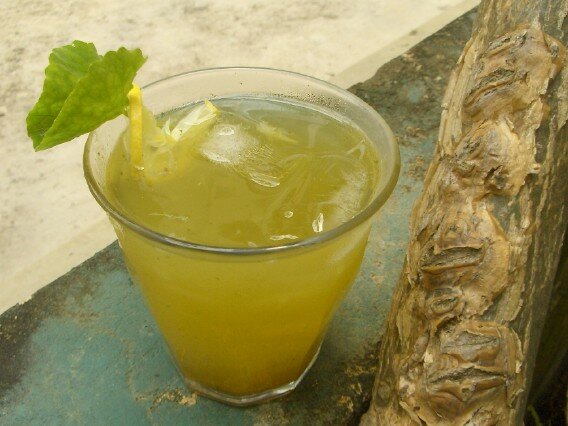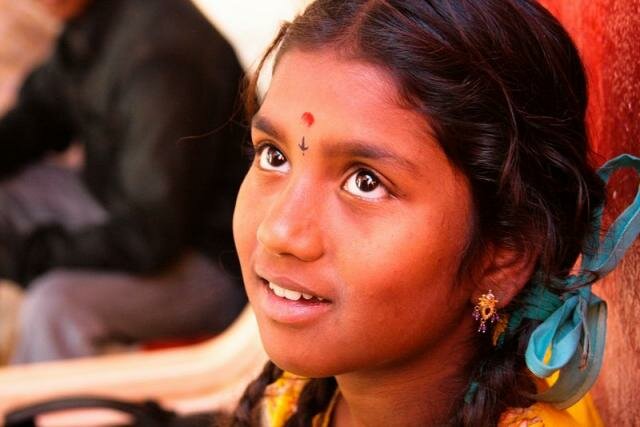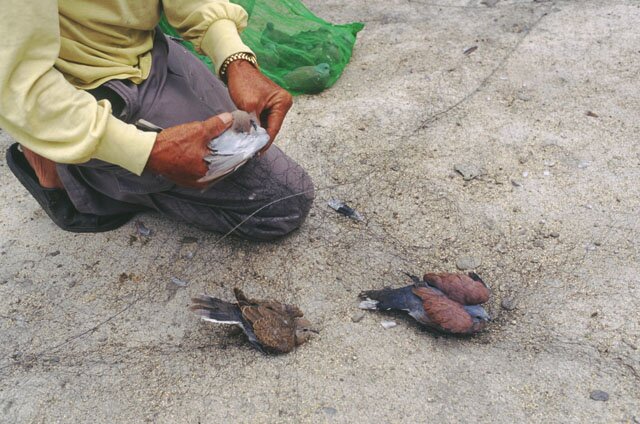BROWSE COUNTRIES/ TERRITORIES
Biofuel production to expand in the Tropics
Biofuels Asia 2009 opens in Singapore with discussions and contention about the future of the Oil Palm industry in Southeast Asia.
Biofuels are just one of a few realistic alternatives for the transport industry, and is the only alternative for air transport. Dr. William Laurance of the Smithsonian Tropical Research Institute opened the Biofuels Conference 2009 by illustrating the intrinsic reality surrounding the future of biofuel development.
"Biofuels are being driven more by national agendas than market forces and environmental concerns." Laurance who has spent nearly two decades researching the impacts of intensive land-uses imposed upon the audience that the biggest question with regards to the development of biofuels is "Does the crop cause habitat destruction?"
He defends that there's "no logical way to defend destroying forests to cultivate biofuel feedcrops." The unabashed scientist encouraged that "subsidies are a major motivation to farmers" but added REDD has to boost its practice and influence in order to effect change in palm oil producing countries.
When I asked how consumer countries like Singapore and Hong Kong can influence an industry outside its borders Laurance suggested, "by contributing to REDD. Politically, given the strategic position of these countries, they can begin by actively embracing and promoting sustainability as a business practice and by providing funding for enforcement training and capacity building."
But Dr. Kalyana Sundram of the Malaysian Palm Oil Council stayed clear of such issues, focussing on the "dire need" too boost palm oil production because "arable land is decreasing."
He defended his Council's desire to market palm oil by illustrating that it is a small scale crop compared to crops like soybeans, another oil producing crop that is also facing controversy in the tropics of Latin America.
He went forward to expound, "if the global cultivated land for oil crops was converted to oil palm, the world will be able to meet five times the present demand of palm oil."
He was then checked by a member of the audience who put to mind the reality that oil palm can presently only be cultivated in the tropical belt, seven degrees north and south of the equator.
Sundram than appealed to scientists and NGOs at the conference to apply an "open approach" to trackling the problems plaguing the palm oil industry. He called for a "global standard for assessing oil palm life cycles" (as currently different countries have different findings) and for there to be a solid definition of "what is sustinability".
But the vagueness of the reality of the oil palm industry was highlighted by Dr. Koh Lian Pin of the Swiss Federal Institute of Technology. "No one knows how much cropland or forests for existing or potential oil palm plantations are cultivated on."
Koh impressed that "biofuels have several social and environmental trade offs and is not a panacea [to the global fuel crisis]." He believes that the real issue behind the crisis is the problem of over consumerism and emphasised that "biofuels side step the real problem."
On a hopeful note however, he reiterated Laurance by underscoring the potential of REDD if it were better embraced by governments, adding that "unless REDD is allowed to be traded in Kyoto compliant markets, it won't be able to compete with the oil palm market."
Other discussions raised during the first day of the conference included the issue of land rights amongst indigenous land owners in Sarawak and the development of peatland in Malaysia.
Login or Register
 Debby Ng is an environmental photojournalist whose work has been published in several regional and international magazines, including the award-winning Lebanese magazine, Environment & Development. She has also worked with numerous Asian and international non-government organisations such as the TRAFFIC, World Wide Fund for Nature (WWF), World Society for the Protection of Animals (WSPA) and the Environmental Investigation Agency (EIA).
Debby Ng is an environmental photojournalist whose work has been published in several regional and international magazines, including the award-winning Lebanese magazine, Environment & Development. She has also worked with numerous Asian and international non-government organisations such as the TRAFFIC, World Wide Fund for Nature (WWF), World Society for the Protection of Animals (WSPA) and the Environmental Investigation Agency (EIA).
www.debbyng.net
www.pulauhantu.org
- Asian Dynasties and History
- Conservation of the Environment
- Definition: Culture
- Economy and Economics
- Food and Recipe
- Geopolitics and Strategic Relations
- Health and Body
- Of Government and Politics
- Religion and Practices
- Social Injustices and Poverty Report
- Society, Class and Division
- Unrest, Conflicts and Wars

































 Another Point
Another Point From Jerusalem to the West Bank
From Jerusalem to the West Bank
Comments
Post new comment